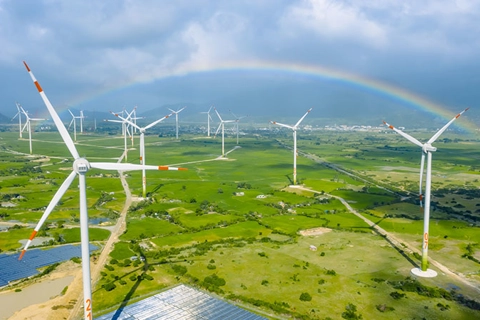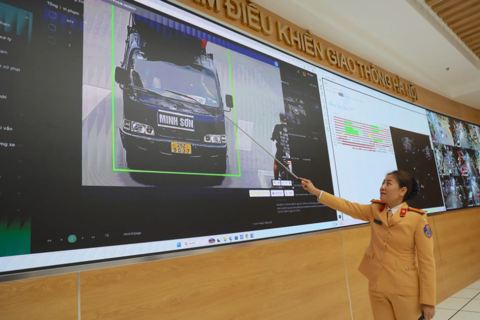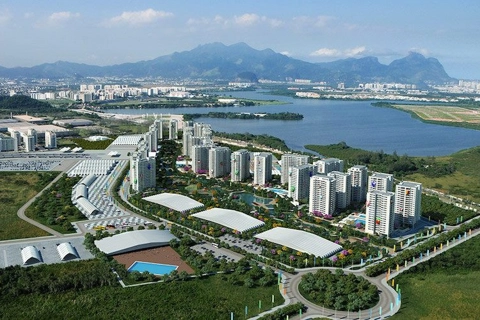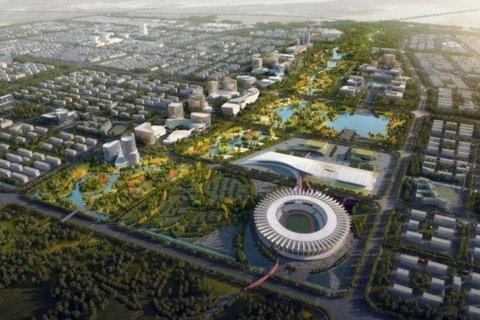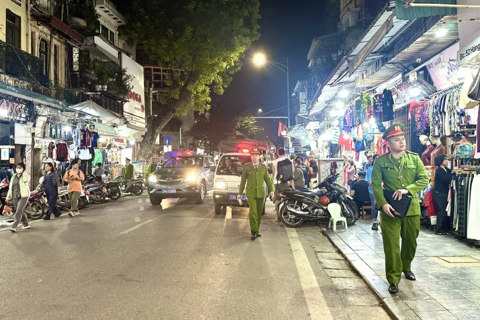Hanoi targets to generate 130MW from waste-to-energy by 2024
A number of waster-to-energy power plants is set to become operational next year.
Hanoi targets a total energy capacity of approximately 129.3MW from waste treatment in 2024.
| Soc Son waste-to-energy plant. Photo: Ngoc Thanh/The Hanoi Times |
This would be feasible after an additional 67MW of waste-to-energy capacity is generated, with the initiation of Unit 3 of the Soc Son Waste Power Plant project and the Seraphin Waste Power Plant project next year.
The objectives were set under the city’s plan No.284 regarding renewables development in Hanoi in 2024.
Under the plan, the city expects to increase solar power capacity by approximately 30MW by installing solar panels on residential and commercial rooftops.
This initiative aims to promote self-generated solar power models for individual use, contributing to a reduction in peak load capacity. Additionally, efforts will be made to enhance energy efficiency in industrial zones, clusters, and public facilities, including the construction and upgrading of government offices, People's Committees, ward police stations, medical facilities, and schools through budget-funded projects.
The Hanoi People's Committee is actively promoting the adoption of solar-powered public lighting products. Furthermore, Hanoi is conducting research to develop plans for electric charging stations and green energy stations for vehicles throughout the city. This includes a review of standards related to installing electric vehicle charging station systems and recommendations for safety regulations and guidelines.
To address waste management and energy generation, the city emphasizes the use of advanced waste treatment technologies with energy recovery capabilities. These technologies will be applied to generate electricity for new projects in household waste treatment areas.
For rooftop solar power systems, the focus is on selecting modern and high-performance technologies, including environmentally friendly solar panels. Priority will be given to the development of rooftop solar power systems equipped with energy storage capabilities.
The city is also exploring proposals to incorporate clean, green energy sources in various sectors such as education, agriculture, and urban transportation. Wind energy will be harnessed based on climatic conditions, and plans will be developed for electric charging station systems and green energy supply stations for vehicles. Additionally, standards for the installation of electric vehicle charging stations will be reviewed to ensure compliance with safety regulations.



